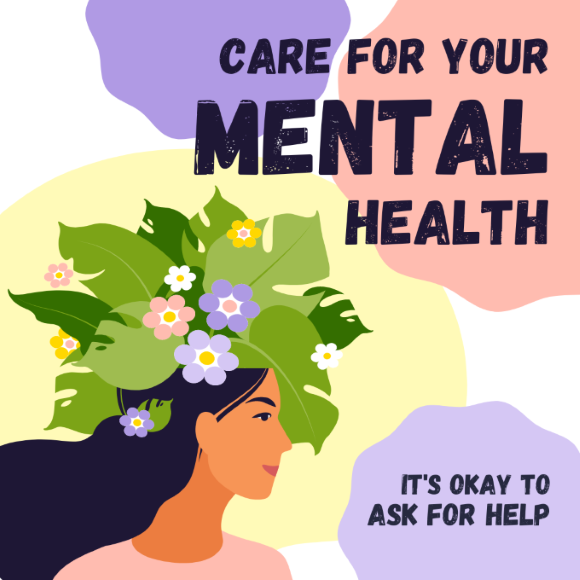By
Newswise — More than one in five adults in the U.S. lives with mental illness, and a quarter of U.S. adults have acute mental illness, which includes major depression and bipolar disorder.
Our youth are struggling with mental illness at an unprecedented rate. One in five youths between the ages of 13 and 18 now has–or someday will have–a debilitating mental health condition, according to the Centers for Disease Control and Prevention.
The U.S. Surgeon General’s Office found that rates of anxiety and depression already were rising among children and teens before the pandemic, a trend attributed to the growing prominence of digital media and greater academic pressure, as well as limited access to mental health care.
Historically, youth have had low rates of suicide mortality, but that began changing about a decade ago, according to Pew Reports. Today, youth and young adults (ages 10-24) account for 15 percent of all suicides, an increase of 52.2 percent since 2000. Suicide has become the second-leading cause of death for this age group, accounting for 7,126 deaths.
The rise in mental illness dovetailed with a rise in substance use, both of which often co-exist. Over the last decade, about 2,500 New Jersey residents died each year from suspected illicit drug use, according to the state Office of the Chief Medical Examiner.
In 2022, there were 85,266 admissions in New Jersey facilities for substance use treatment. Nearly 40 percent were treated for alcohol, 36 percent were for heroin and the rest were treated for other substances, reports the New Jersey Department of Human Services. .
“It is imperative we become well-versed in identifying individuals who may be showing early signs of substance use disorder, in order to offer interventions,” said Rachel Wallace, senior director of substance use treatment services at Carrier Clinic, Hackensack Meridian Health’s flagship mental health hospital. “Many people will use substances to manage symptoms of common co-occurring disorders, such as anxiety and depression. Others will develop symptoms as a result of progressed substance use.”
“It is critical that we treat both issues concurrently to ensure individuals can benefit from recovery. Although recovery can be challenging with complex and co-occurring issues, making a full and long-term recovery is always possible when the right supports are in place.”
While the pandemic intensified conditions such as anxiety and depression and isolation, mental illness in the U.S. already had reached a crisis level. The pandemic pushed mental health to the forefront of the national conversation, and led to the integration of mental health in school curricula and activities, workplace self-care programs and more investment in mental health by medical institutions.
“Despite the availability of effective treatments, at least 50 percent of people suffering from major mental disorders are left untreated,” said Dr. Gary Small, chair of psychiatry at Hackensack University Medical Center, and author of more than a dozen books on brain and behavioral health. “The Covid pandemic and the recent surge of smartphone and social media use have escalated social isolation, loneliness, depression and anxiety, especially among children and adolescents. We need to address the social stigma of mental illness and help everyone who is suffering get the help that they need and deserve.”
To respond to the growing need for mental health care, Hackensack Meridian Health has significantly expanded the scope of behavioral treatment services and access to them. In addition to traditional forms of mental health care, such as psychotherapy and psychiatric medication, our network has increasingly incorporated the latest evidence-based advances in neuromodulation (i.e. transcranial magnetic stimulation, or TMS, ketamine and electroconvulsive therapy, or ECT) for treatment-resistant depression and other conditions.
Carrier Clinic, for instance, integrates in its treatment program art and music therapy, and even animal therapy, which takes place at a barn on the campus where psychiatric and rehab patients and group home residents interact with horses, goats, donkeys and sheep.
And to meet the high demand for therapy, Hackensack Meridian Health continues to broaden its telemental health services, which now account for about 46 percent of outpatient behavioral health sessions. Telemental health was nearly non-existent before the pandemic. While the demand for telehealth has decreased in medicine as in-person appointments resumed once the pandemic subsided, it has stayed strong for telepsychiatry.



































